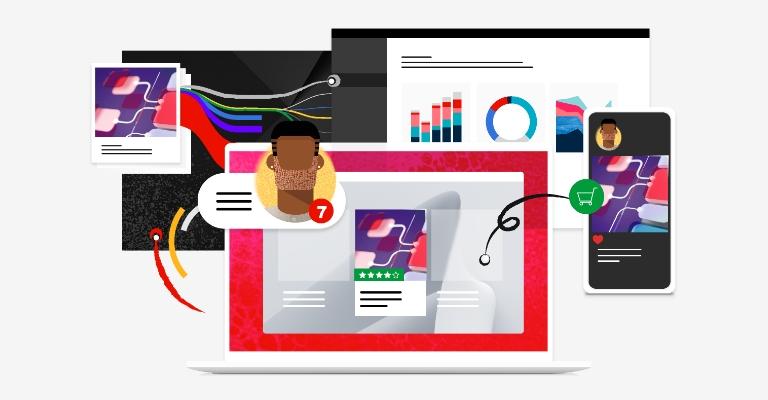Boot’s CMO Pete Markey on why loyalty programmes must focus on both immediate and holistic value in the cost of living crisis
Purple Square have been speaking to customer experience leaders from top global brands about Reimagining Customer Experience (CX). In this interview Tim Biddiscombe speaks to Pete Markey, CMO at Boots UK.
Tailoring a customer loyalty programme to fit your brand ethos plays a huge role in its success. Customer experience and loyalty go hand in hand and while your core brand values may stay the same, customer behaviours and expectations evolve over time.
While the immediacy of being able to earn and spend points remains at the heart of the Advantage Card’s success, Boots has had to evolve to keep up with technology and economic – not to mention health and beauty – trends over the past 25 years to stay relevant to the 15 million customers who use it.
“The Boots Advantage Card has evolved to be about more than points and saving in the everyday,” explained Markey. “The immediacy of earning and spending points still fulfils our customers’ need for ‘jam today’, which is especially important in the current cost of living crisis.”
“Not forgetting the need for ‘jam tomorrow’, we also understand that highly customised rewards are powerful for customer retention. The roll out of our monthly Price Advantage discounts and more personalised offers and benefits through our app, as well as our clubs and discounts all help to keep customers interested, engaged and connected.”
Trusting the data
Data has been an essential part of the Boots Advantage Card from the start. “Everything we do in the loyalty programme is powered by the strength of the data we have,” said Markey. “We have a good data science team we work closely with. It is all about us asking the right questions and that team bringing the insights to us about what our customers want, need and expect from us.”
The team has also invested in technology including Adobe Marketing Cloud to ensure they are deploying their marketing and customer activities and campaigns as effectively as possible.
“We are very insight driven and data and technology continue to help us to get our programme right.”
While the technology is key to understanding customer preferences and how they interact with the brand, trust remains essential to the Advantage Card’s success.
Markey explained: “As a retailer, it is important to know what offers are working, which customers are most engaged and the brands they love. While data is at the root of this, it is still essential that we draw parameters of how we will and won’t use our customer’s data.”
“We have an understanding with our customers – they are sharing their data with us in exchange for us providing them with products and services they value,” he continued. “We make it clear we will never sell their data on or take our relationship for granted by being overly familiar or over-contacting them with irrelevant offers.”
In line with this agreement, Boots is able to use its customers’ data to provide them with savings on the products they use most, as well as build relationships with brands that sell through its store.
“Brands like L’Oréal or Estée Lauder are interested in how they can connect with our customers through the data we hold,” said Markey. “We can help them, not by sharing or selling our customers’ data, but by highlighting specific products from these companies to customers who may be interested in them with targeted messages and offers.
“Whether they are new to the brand or regular buyers, introducing new products and offers through personalised communications allows us to provide value to our customers, as well as build relationships with our supplier brands.”
He hastens to add that these partnership offerings need to remain relevant to customers: “The communications need to be relevant and genuine. The customer needs to feel that the brand knows them.”
The attention economy
There is no denying that retailers and brands alike are fighting for customers’ attention now more than ever. Multi-screening is a reality that sees people dividing their attention between what they’re scrolling through – and interacting with – on their phones with what they are streaming online, listening to or watching on television
“Providing value in your app and giving customers a reason to engage with and come to you is essential in today’s ‘attention economy’” said Markey.
One way brands are helping to rise above the noise is to draw in customers through gamification. While Boots has not “cracked this yet”, Markey and his team are always learning.
“Attracting new customers relies not only on how much you do in your own environment – in store, through the website, emails and the app – but also on how you refer potential new Advantage Card users through other platforms. Having a referral mechanism is becoming increasingly important,” he continued. “Using gamification in TikTok, for example, is an interesting prospect to think about for engaging younger people.”
“We’ve seen a lot of evolution and learning flowing into where we are now. Some have thrived, while other have faded away. Being aware of the higher stakes and trends is essential, but always remember that simple ideas work.”
He concluded: “It is a fascinating and exciting time. We need to keep evolving and moving to stay competitive. Showing value and building relationships with our customers is essential, especially as the cost of living increases. Constantly reviewing your offering and evolving it to meet the needs of your customers are the key to a good loyalty scheme.”
Like what you see?
Subscribe to our newsletter for customer experience thought leadership and marketing tips and tricks.




